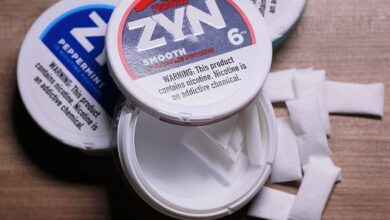£2m NHS research will aim to find the most effective treatment for debilitating, drug-resistant bladder infections



An NHS study is attempting to find the most effective treatment for debilitating, drug-resistant bladder infections.
The £2million study is involving more than 400 women who suffer from recurrent urinary tract infections.
Urinary tract infections are common and often cause pain or a burning sensation when passing urine, as well as pain in the lower abdomen or back. Almost half of all women in the UK will experience one in their lifetime.
Most of these can be treated with antibiotics, but some are more difficult to cure.
About half a million women in the UK get recurrent urinary tract infections – defined as at least three repeated infections a year or two in six months. These can disrupt daily life and sometimes require a catheter to medicate the bladder.

An NHS trial will attempt to find the most effective treatment for debilitating, drug-resistant bladder infections (Stock image)

Most UTIs can be successfully treated with antibiotics, but some are more difficult to cure (Stock image)
The study, from Newcastle upon Tyne Hospitals NHS Foundation Trust, is investigating three treatment options.
Patients are randomly assigned to different treatment regimens over six months. Some receive gentamicin – a strong antibiotic applied directly to the bladder – while others receive a standard low dose of antibiotics.
The third group will receive an experimental treatment called glycosaminoglycan (GAG), a sugar compound that is applied to the bladder wall to prevent bacteria from sticking to it.
The study also examines the types of bacteria present in the bladder and their resistance to antibiotics.
“Antibiotic resistance is a global problem and we must continue to explore alternative options,” said Professor Chris Harding, a urological surgeon at the Freeman Hospital and leader of the study.
‘We hope this research will provide much-needed information about the best treatment for recurrent UTIs and help determine which treatment is most cost-effective for the NHS.’




